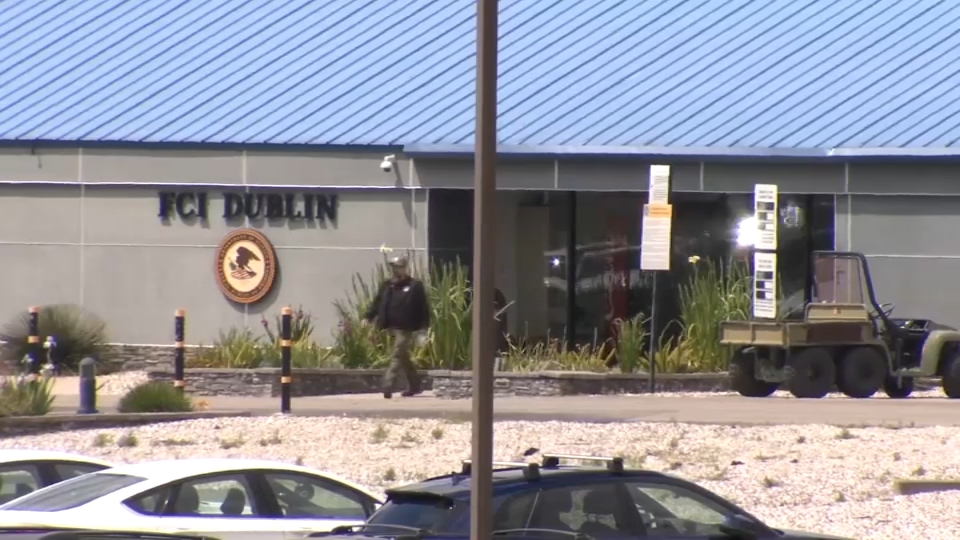Inside Distil Networks, a San Francisco security firm, engineers are waging war on bots.
“Bots are a huge deal,” said Anna Westelius, Sr. Director of Security Research.
Distil is warning that illicit computer programs are posing as humans and tinkering with flight prices.
“A lot of the time, what the bots are doing in travel is they are forcing the prices up for consumers,” Westelius said.
Here one shady scenario they’re fighting: Say an airline announces a sale. Distil says bots sometimes reserve all the cheapest seats -- before anyone else has a chance.
Consumers get burned when the airline computer, which lives on the laws of supply and demand, increases fares for the leftover seats.
“They make these systems sort of confused,” Westelius said. “They throw them off.”
Local
Distil says the bots are working for unscrupulous online travel agents. They’re exploiting how an airline seat can be held, but not bought, free for 24 hours. The bots make dummy bookings -- even makeup passenger names – and then repeat the trick every 24 hours or so.
“This is a constant battle,” Westelius said. “For some airlines, there are thousands of requests every day. They hold thousands of seats.”
We asked Westelius: what happens to all those dummy seats? She said fringe travel sites sell them at a price somewhere in between the low fare they’re holding and the higher fare the airline is charging.
It’s clever scalping. And they know they’ll find unsuspecting buyers… because most people book flights like Linda Distefano.
“Whoever offers me the best price,” she said.
We sought a second opinion on bots.
“I don’t believe it’s a big issue,” said Rick Seaney – a mathematician who founded Farecompare.com, a website that analyzes airline data and tracks flight prices.
Seaney hasn’t seen bots gobbling up seats. But, he agrees that if they are, everyday consumers are probably paying more than they should.
“If inventory goes away, and that’s cheap inventory, there’s less cheap inventory for everybody else that’s shopping,” he said.
We asked several major U.S. airlines if they’re taking action to combat bots. None responded.
“We have some dedicated airline specialists,” Westelius said, nothing that Distil is working for more than five dozen airlines that have confidentially hired her team to take down the bots.
“That’s airlines you know,” she said. “That’s airlines you fly with often.”
Distil wants to give you a heads-up.
Westelius says third-party ticket sellers are supposed to support customers -- especially when problems occur on your trip. Anna warns that a bot-based site might not fulfill that responsibility. So, be careful before booking on a site you’ve never heard of just because it’s a few bucks cheaper.
“If you buy these Bot tickets, you don’t have access to direct communication with the airline,” she said. “Meaning that if your flight is canceled or delayed, you don’t get that information.”
And not having that info could leave you stuck after a delay or cancellation.
So, how do those of us who are not cybersecurity experts figure out if we’re booking with a bot-based website? Anna says to call them on the phone. Find out if any actual human beings will be there to help if your plans go south.



